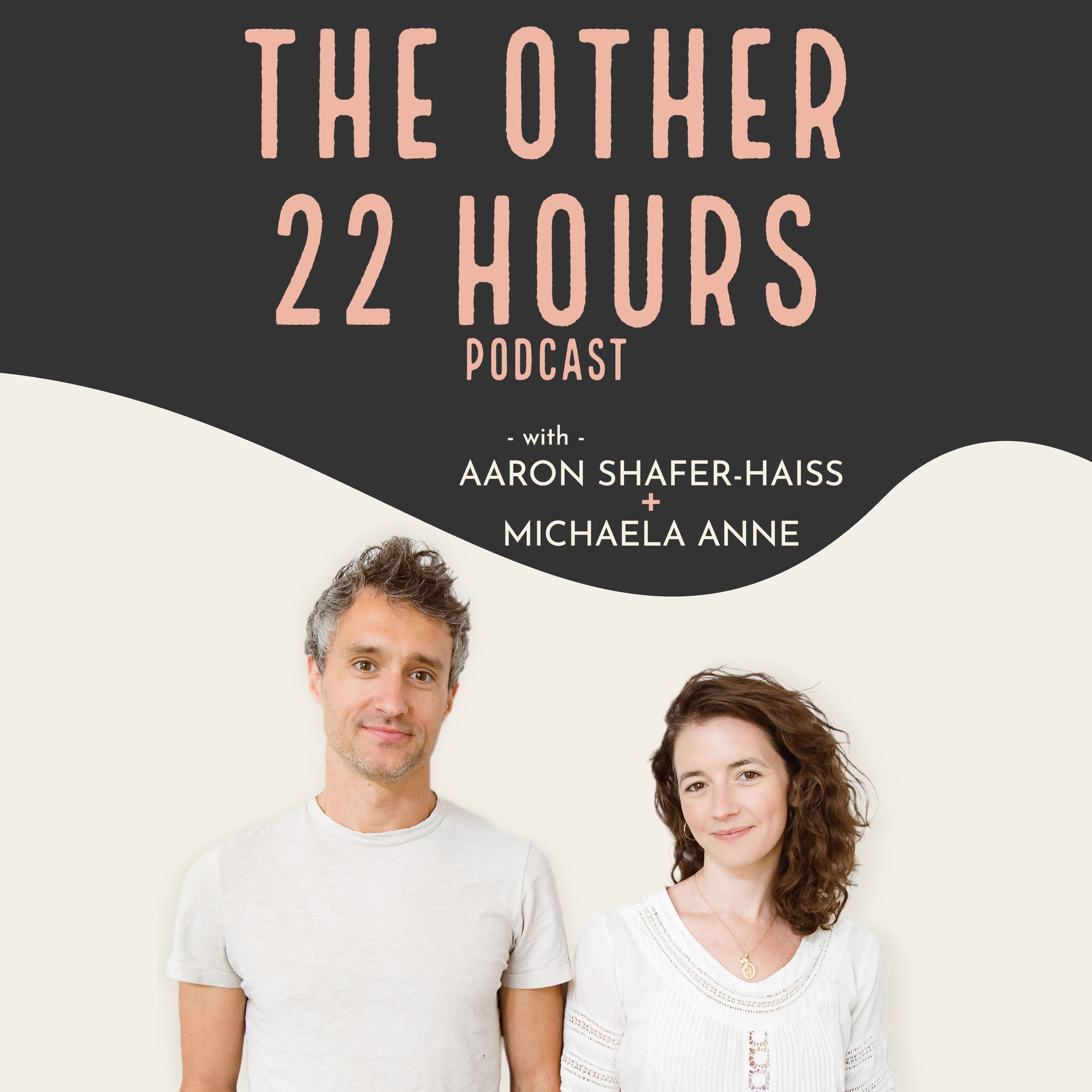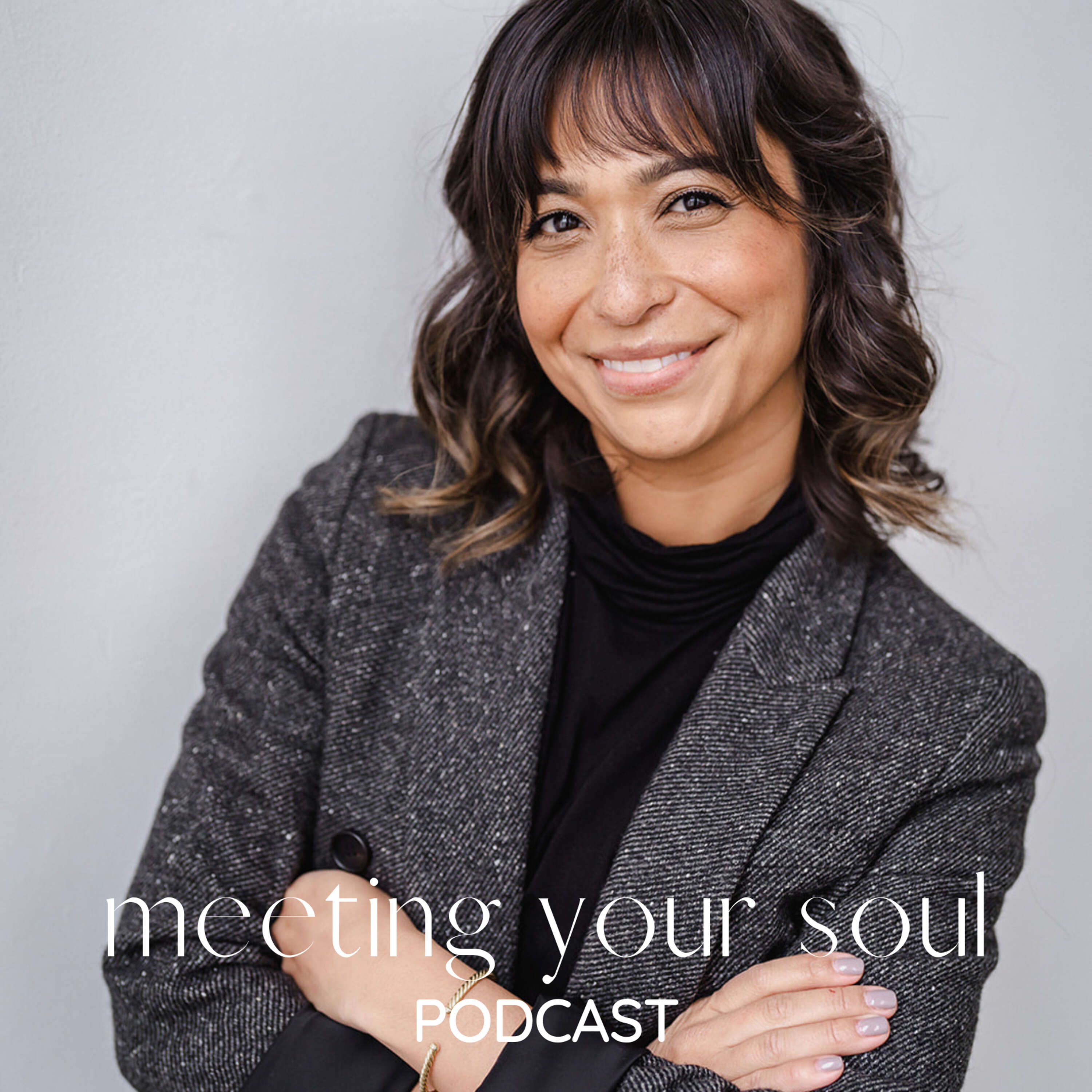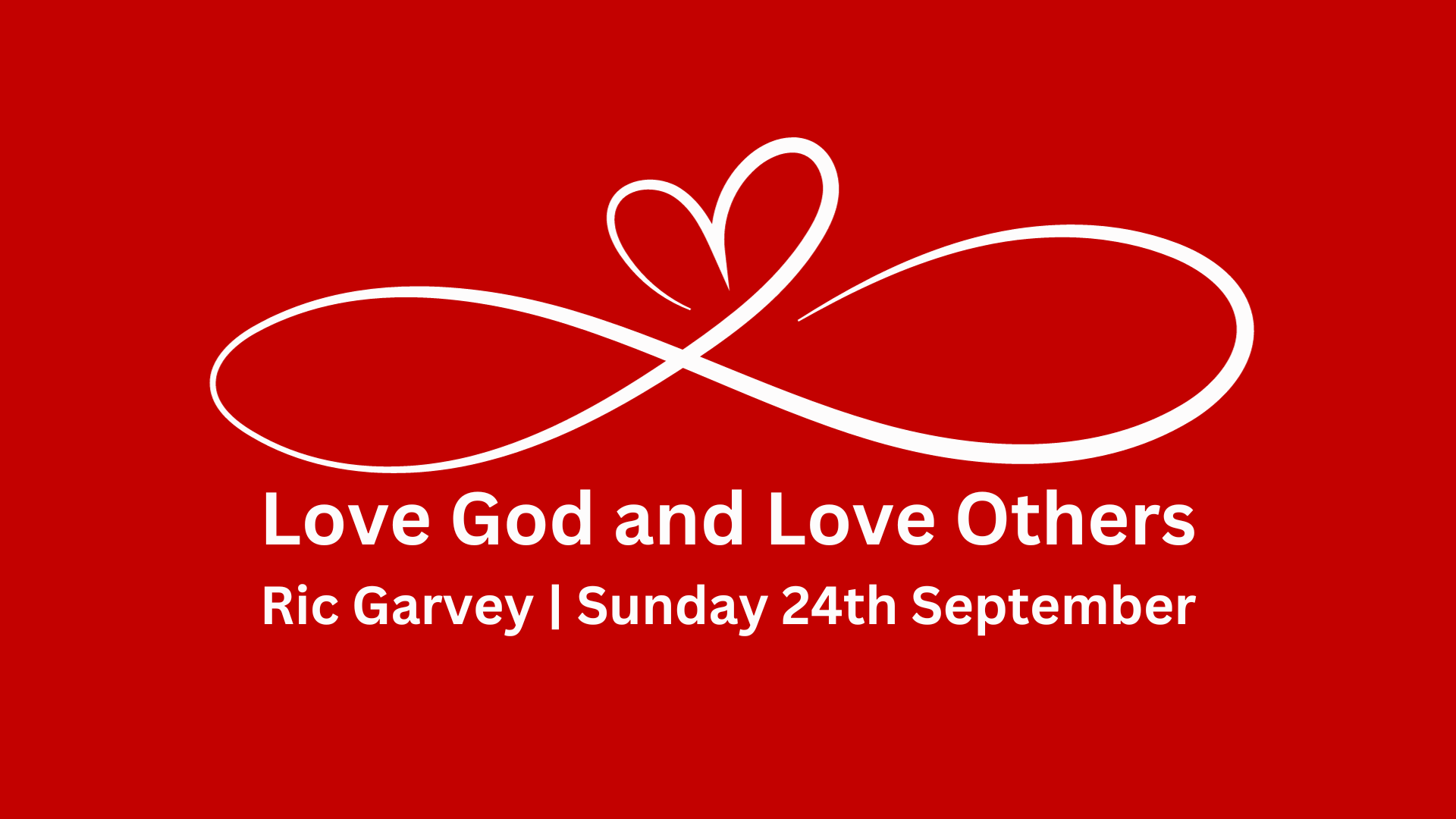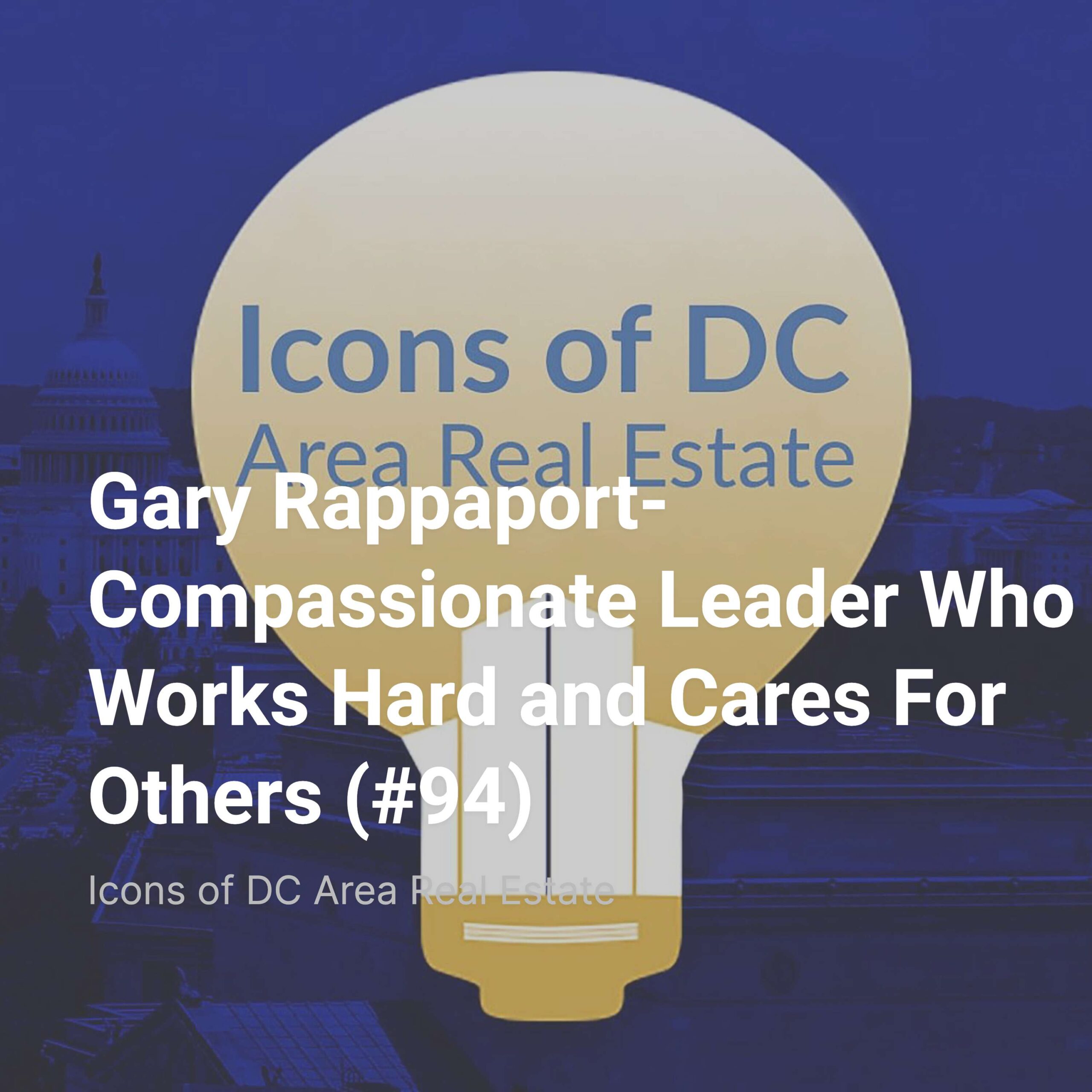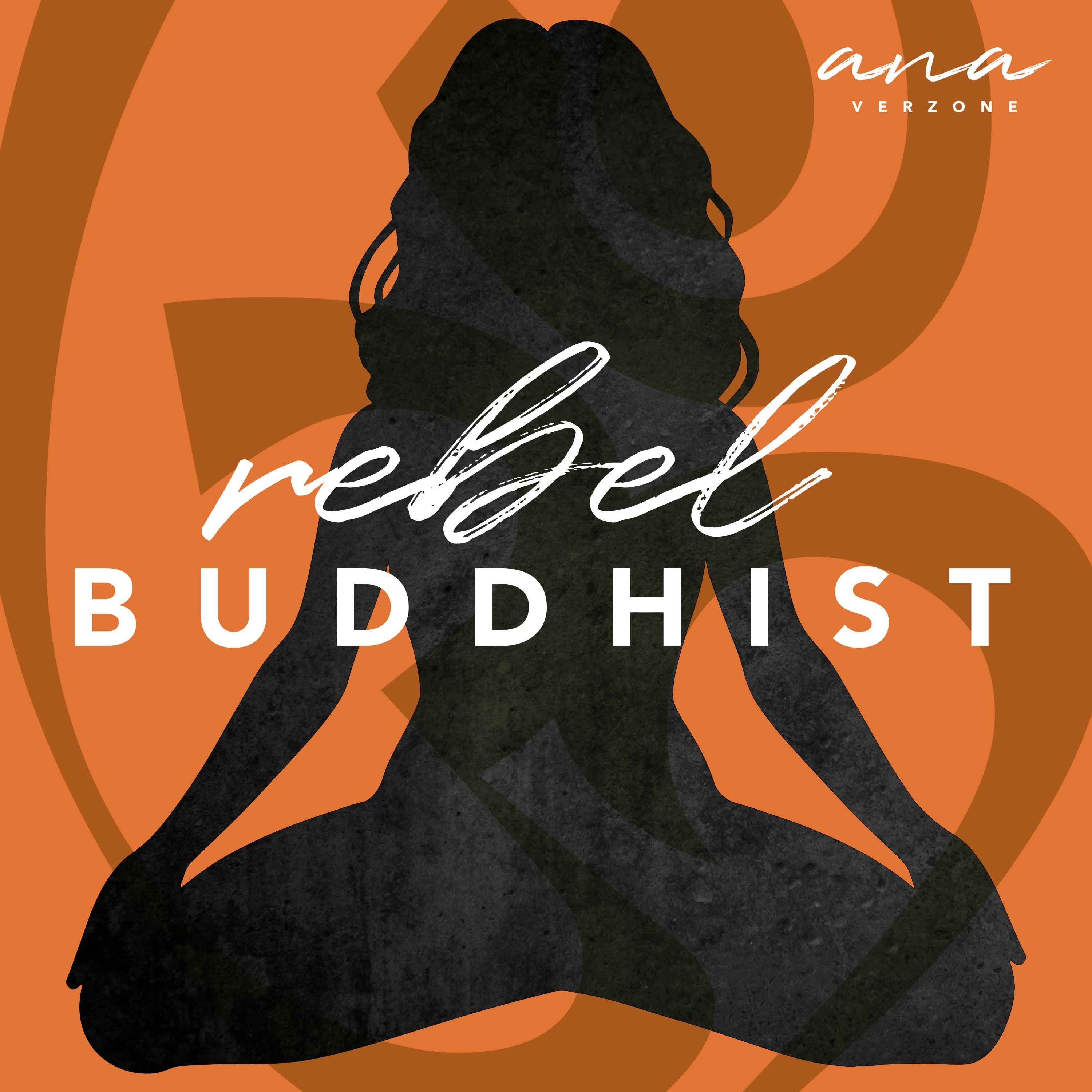When Others Betray Us
This week I want to dive into the dynamics that go on when others betray us. (If you missed last week’s Episode on when we betray ourselves, check out the link in the show notes - it’s definitely related). When it comes to my relationship with my husband, even though he’s not out there doing things like cheating on me, I still felt deeply betrayed when he was off paragliding or mountain biking while I was at home with a newborn and being the primary breadwinner AND primary caregiver…and alone. I remember telling him, “I still feel a sense of betrayal that feels - seemingly - just as bad a infidelity because you promised me you’d just need one expedition a year and maybe some weekends…you promised your swap working full time with me since I worked while pregnant and as a new mom…you promised we would be somewhere sunny in winters if it was hard for me…and you didn’t follow through on those.” It was all activating my core wound of being abandoned and not being able to rely on my own primary caregivers because my mom and dad both had PTSD from WWII, and my dad had schizoaffective disorder and was wildly unpredictable… and my mom was abusive and volatile. So I had (and honestly, I still HAVE) the story of not being able to rely on others. That no one has my back but ME. David Whyte says that when we demand a certain kind of reciprocation before we see any results, we find ourselves disappointed and bereaved. In that grief, we might miss the particular form of love that is actually possible but that didn’t meet our initial (and too specific) expectations. So, what I get from that and from my own experiences is that the sense of betrayal often stems not from what the other is doing (or did), but rather from what we are sensitive and vulnerable to due to our core wounds and the expectations of how the world is supposed to show up for us, and also related to our tendencies to betray ourselves. When we feel betrayed, it often sneaks up on us in disguise as if love itself has betrayed us. But often, what’s really happening is like what David Whyte said about our misunderstanding of the way love looks… + a bit of betrayal of ourselves. The antidote to that betrayal? Compassion and empathy. If we didn’t have that core wound, we likely would have made decisions that would have helped us avoid the situation altogether, right? Or we’d have gone with Wu Wei and not taken it all so personally. And adapted more to the way things were already flowing. Or, we’d have been able to see that the person who betrayed us was also in pain. This is not to excuse abuse or carelessness….but it is to open possibilities. The antidote to heal our deep sense of betrayal (whether from others or ourselves) is self-compassion. Then the invitation is to cultivate compassion for the other. Sometimes that begins with empathy so we can get a sense of the pain they must have been feeling to do what they did. We can remember that hurt people hurt people. And that no matter how painful the action the other took, they must have been in pain to do it. And if they weren’t in pain, they likely would have chosen differently. Again, this doesn’t excuse abusive or careless behavior. But it opens a doorway to us seeing that when others seemingly betray us, it isn’t as personal as we think. And through this we can access our capacity to forgive them, and to forgive ourselves for betraying ourselves. This, rebel one, sets us free to release the past and stop wishing it was different than what it was. What’s one way we can see that someone who betrayed us was hurting when they did that? Or what is one way we betrayed ourselves in the co-creation of that scenario? These questions can help us release unnecessary suffering, and lead to our true freedom. You
